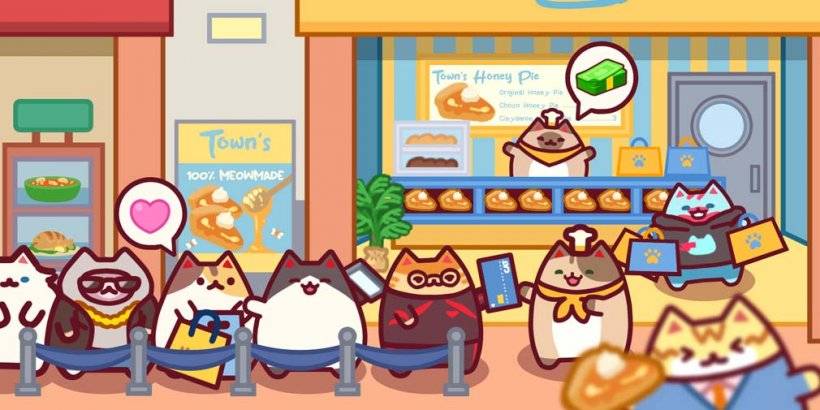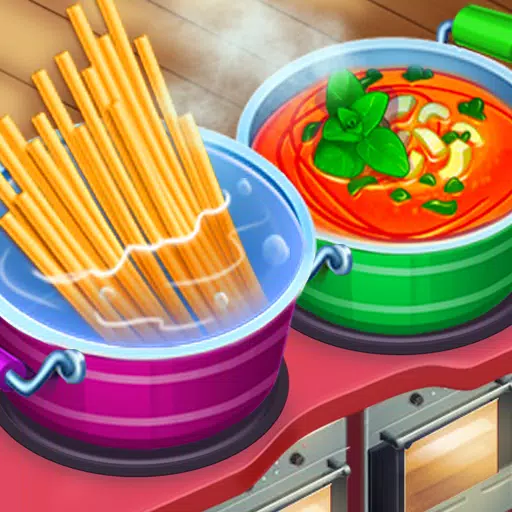Hideo Kojima's Japanese radio podcast, KOJI10, offers a fascinating glimpse into the mind behind iconic games like Metal Gear Solid and Death Stranding. In the latest episode (Episode 17), Kojima delves into the innovative use of real-life time passage in video games. He not only reflects on time-related mechanics he has previously implemented but also shares untapped concepts, including an idea that was cut from the upcoming Death Stranding 2: On The Beach.
Kojima is well-known for integrating gameplay mechanics that utilize the internal clock of consoles or PCs. He begins by citing two examples from 2004's Metal Gear Solid 3: Snake Eater on the PS2. To enhance the realism of jungle survival, the game featured perishable food that would spoil after a few days in real time. Consuming spoiled food could make Snake ill, or players could use it as an unconventional weapon by throwing it at enemies.
Death Stranding 2 Cast

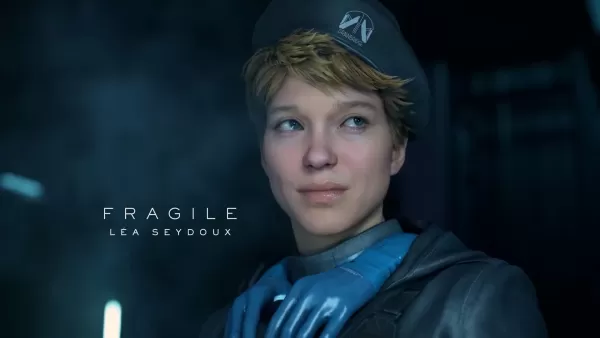 View 14 Images
View 14 Images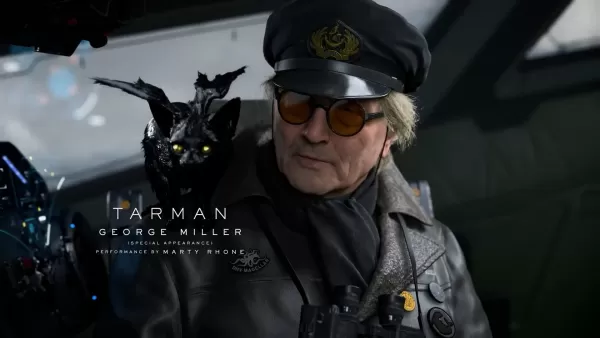
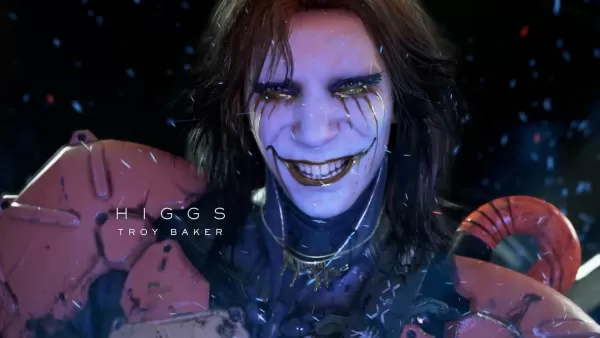
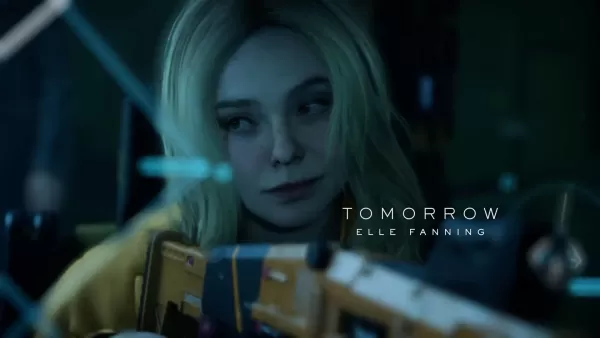
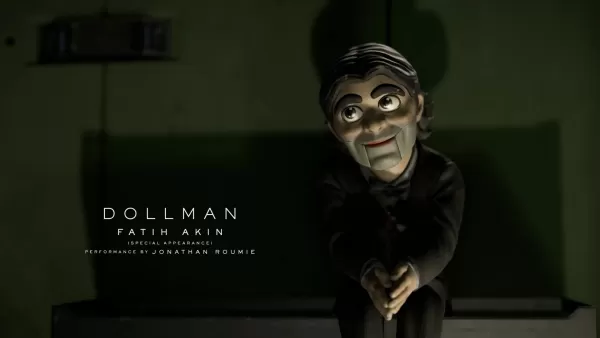
Another example from MGS3 is the cat-and-mouse boss battle with the elderly sniper, The End. Kojima recalls, "Although he is a really tough boss, if the player waits a week, The End will die of old age." If players load their save after a week, they are greeted with a cutscene showing Snake discovering The End's demise.
Kojima also shared a concept he considered for Death Stranding 2, where Sam's beard would grow over time, requiring players to shave it to keep him looking neat. "Originally in Death Stranding 2, I was going to have Sam’s beard gradually grow out over time, and the player would have to shave it. If they didn’t, Sam would end up looking unkempt," he explained. However, due to Norman Reedus's star status, Kojima decided against it to maintain Sam's cool appearance. Yet, he remains open to incorporating this idea into future projects.
Kojima also proposed three game concepts centered around real-life time passage. The first is a life simulation game where the player ages from childhood to old age. "It starts out with the player being born, you’re a child and then gradually over time you become an adult. In the game, you fight various enemies. Like with the previous example (MGS3’s The End), if you keep playing the game, you will become a 70 or 80 year old man. However, at this age you will be weaker, your eyesight will worsen. When you are a teenager you’ll be able to run faster but by the time you reach 60 you’ll slow down a bit," Kojima explained. This aging process would influence gameplay strategy, with younger characters being physically stronger but older ones possessing more knowledge and experience. Despite his skepticism about its marketability, the podcast's other participants showed enthusiasm for such a "Kojima-like game."
Another concept involves a game where players cultivate items like wine or cheese, requiring long-term engagement and suitable for a background or idle game format.
On the other hand, Kojima proposed a "forgetting game" where the protagonist loses important information and abilities if the player takes breaks. "In this concept, the main character gradually forgets important information and abilities if you take too long a break from the game. For example, if you don’t play every day, the main character will gradually forget things such as 'how to fire their gun or what their job is.' This forgetfulness builds up until finally the player is unable to move. 'Players would have to take a week off work or school to play it,'" Kojima humorously remarked.
As fans eagerly await the release of Death Stranding 2 on June 26, many will likely take time off to immerse themselves in Kojima's latest creation. For more insights into the game, check out our interview with Kojima and our impressions after playing through the first 30 hours.


